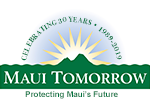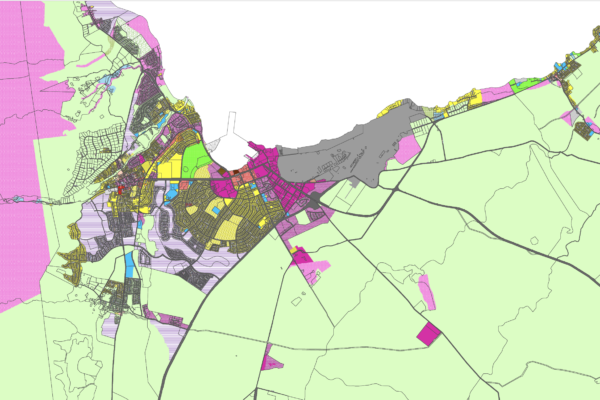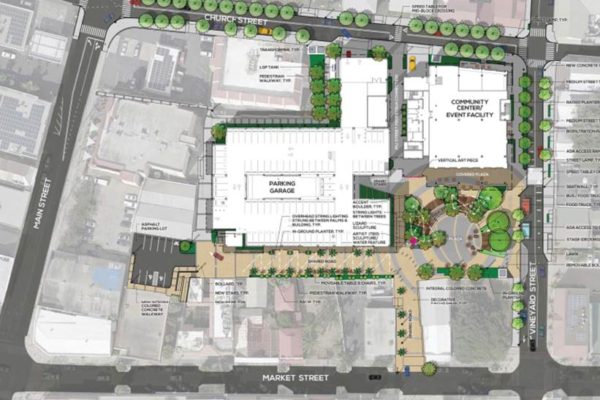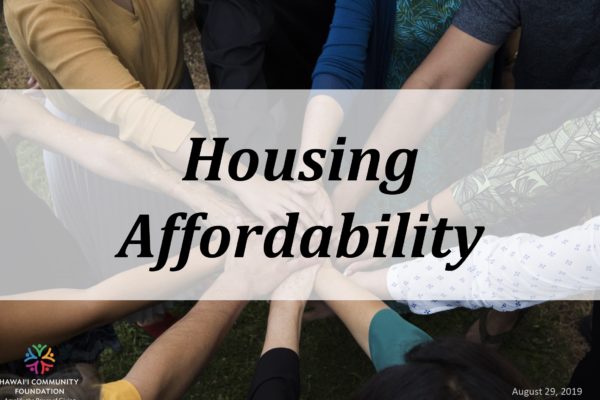This Legislative Session, the State House of Representatives and Governor Abercrombie have introduced legislation that will erode decades of environmental protections.
The House passed the Dirty 8 in First Crossover: HB530, HB2145, HB2154, HB2324, HB2325, HB2611, HB2613, and HB2690. These bills seek to reverse 30 years of steadfast protections, creating a lack of oversight which could devastate our environmental and cultural resources and potentially lead to severe economic damage through uninformed planning decisions.
In 1975, our predecessors had the foresight and integrity to define and create a Special Management Area (SMA) permitting process to protect and conserve our shorelines and coastal resources by enacting Act 176, Chapter 205A of the Hawai‘i Revised Statutes (HRS § 205A). This law crafted special controls on developments near or along the shoreline to avoid permanent losses to Hawaii’s resources..
…
HB530 is perhaps the worst of the Dirty 8 as it gives the Office of Planning the ability to grant or deny Special Management Area permits and shoreline setback variances for State structures and activities in shoreline areas. HB530 essentially exempts DOT and the Department of Land and Natural Resources (DLNR) from the Coastal Zone Management Act. More specifically, HB530 has the potential to exempt an undersea cable from environmental review. It also has potentially unconstitutional aspects as it states that no action can be taken against the lead agency (DOT, DLNR), meaning no one can challenge their actions (no lawsuits, no ability for environmental watchdog organizations to question actions, etc.). And neighbor islanders beware: HB530 specifically states that State projects are not required to be consistent with County general plans, meaning all the careful deliberation and decisions made by and for your particular community could be completely ignored. The original content of the bill was gutted and replaced, and re-referred out of the substantive committees (WLO/EEP) for review solely by the Finance Committee (FIN).
HB2145 is simply titled “Relating to Economic Development” yet it states it is the policy of the State to complete certain key projects by December 31, 2023, such as the undersea, interisland cable and fixed rail. Even though HB2145 exempts such projects from the environmental review process, it was never assigned for review by the substantive committee (EEP). This ignores our democratic process and excludes the public.
HB2154 endangers Hawaii’s shorelines by adding a temporary exemption from the Special Management Area Use and Minor Permit requirements for certain airport development. Such an exemption will ignore 37 years of important law safeguarding Hawaii’s shoreline resources.
HB2324 exempts the upgrading and new construction of broadband facilities on State and County property from State and County permitting processes. This bill, although seeking exemptions from environmental review, was never referred to the related, substantive committees (EEP, WLO).
HB2325 requires the State and Counties to approve, approve with modification, or disapprove all broadband related permits within 45 days. If no action is taken, the application will be approved on the 46th day. This bill allows for automatic approval of projects without first considering their impact. Again, although this bill would allow such projects to skirt the environmental review process, it was never assigned for review by the substantive committees (EEP, WLO).
HB2611 (and its Senate companion SB2873) temporarily amends Chapter 343, HRS, to clarify current EIS exemptions for certain secondary actions. The Department of Transportation sought the exemptions instead of seeking the Environmental Council’s approval for secondary action exemptions on highway projects.
HB2613 exempts the Department of Transportation, Harbors Division from the permit and site plan approval requirements relating to submerged lands within the State land use conservation district, which contains important natural resources essential to the preservation of the State’s fragile natural ecosystems and sustainability of the State’s water supply. While initially referred to the appropriate substantive committees, Transportation (TRN) and WLO, this bill bypassed the environmental committee when it was re-referred to TRN and FIN only. That makes five bills that circumvented the substantive committees.
HB2690 streamlines the geothermal development process by exempting all exploration and drilling from any environmental review, allowing such activity in all State land use districts and conservation district zones and repealing geothermal resource subzone provisions under State land use law. According to the Sierra Club, Hawai‘i Chapter, this measure will “allow developers to dig thousands of feet through our aquifers, without consideration of the quality of the drinking water, the potential for contamination, or the impacts of a blowout in the surrounding area”…



